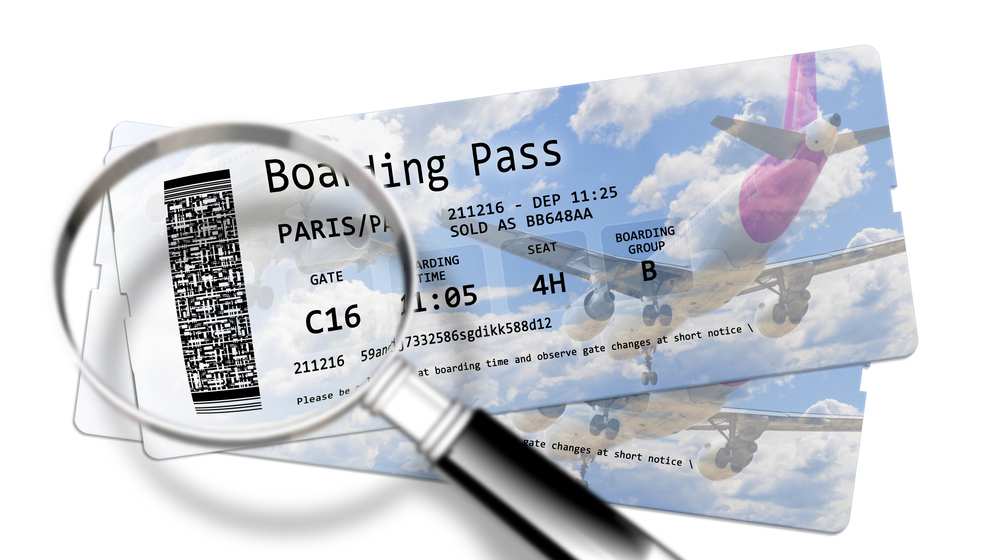Who can resist the lure of the open road and the chance to explore the world? Fewer and fewer of us, it seems. As the costs of travel have tumbled, more people are visiting more countries than ever before. Greater freedom of movement, whether for business, a holiday, or the chance of a new life, has contributed to a rise in foreign death claims – and increased incidence of fraud.
A foreign claim is any claim in which the insured event occurs outside the country where the policy was written. Most are straightforward, but when a death claim occurs in a foreign territory, unfamiliarity with documentation and procedures can give rise to confusion and suspicion.
Simply because a claim occurs abroad does not make it fraudulent. In most cases, there should be little cause for concern if the insured event occurs in a low-risk country (low prevalence of fraud) and involves non-contestable or proportionate cover or a person with a low-risk occupation and readily available medical history, particularly if the insured is born in the country of his or her residence. However, many “red flags” can signal fraud, including:
- The death occurring when the insured returns to the country of his or her birth, particularly for early retirement
- An unavailable medical history
- The claim occurring shortly after policy inception or expiry of the contestability period
- The presence of multiple forms of cover
- An unclear occupation
- Immediate pressure to settle
- Confusion over the causes and circumstances of death or an unexplained disappearance
Spotting these signs can seem simple in theory; identifying them in practice can be much more difficult. Answers to a few well-placed questions at underwriting can reveal the risks at claims time. For example:
- When an insured event occurs in a high-risk country, does the file indicate where the insured was born?
- If the medical history is not available in country of residence, does the file offer the name and address of the family doctor and how long that physician has been registered?
- If the insured has multiple forms of cover, was the insured asked whether he or she had applied for life insurance (of any type) in the last six months?
- If the insured’s occupation is unclear, has he or she been asked to describe main occupational duties and any job-related travel requirements?
Claims analysts can detect fraud through a careful review of the available facts. First, consider the causes of death. Was the deceased ill before departing or did he or she became ill abroad or upon return? Note the country visited, length of time abroad, and purpose of travel. From there, it is critical to obtain, authenticate, and act upon appropriate documentation.
First, obtain:
- Standard forms, including the death certificate as well as the physician and claimant statements
- Foreign death questionnaire (FDQ), which can reveal details of the circumstances of the death, other insurance policies in force, reasons for traveling abroad, and the length of the intended stay
- Passport, plane ticket, or boarding pass for proof of travel
- Original cremation or burial certificate
- Invoices from a hospital, funeral home, or the company responsible for the body’s transportation
- Autopsy, toxicology, police, or coroner’s report
Next, enlist an investigator to authenticate claims if there is a need to:
- Conduct an on-site investigation of the circumstances of the death
- Verify the physician’s credentials
- Interview individuals who could confirm the insured’s death, such as a doctor, funeral director, neighbour, or employer
- Secure medical records to determine when the insured became ill and if/when he or she was hospitalized
Finally, examine the assembled documentation to:
- Ensure all documents submitted are authentic
- Pursue any other relevant interviews
- Research the claimant online, including social media
All honest policyholders are the victims of insurance fraud, and a foreign death is one of the most difficult to identify and investigate. But with persistence and care, examiners can spot and deny these fraudulent claims.
RGA’s Global Underwriting Manual includes a proprietary Overseas Death Claims Guide, an online resource incorporating a range of assessment tools, including risk ratings, calculators, and descriptions of the practices, procedures, and documentation used to evidence death in countries around the world. Contact your local RGA office for more information.


